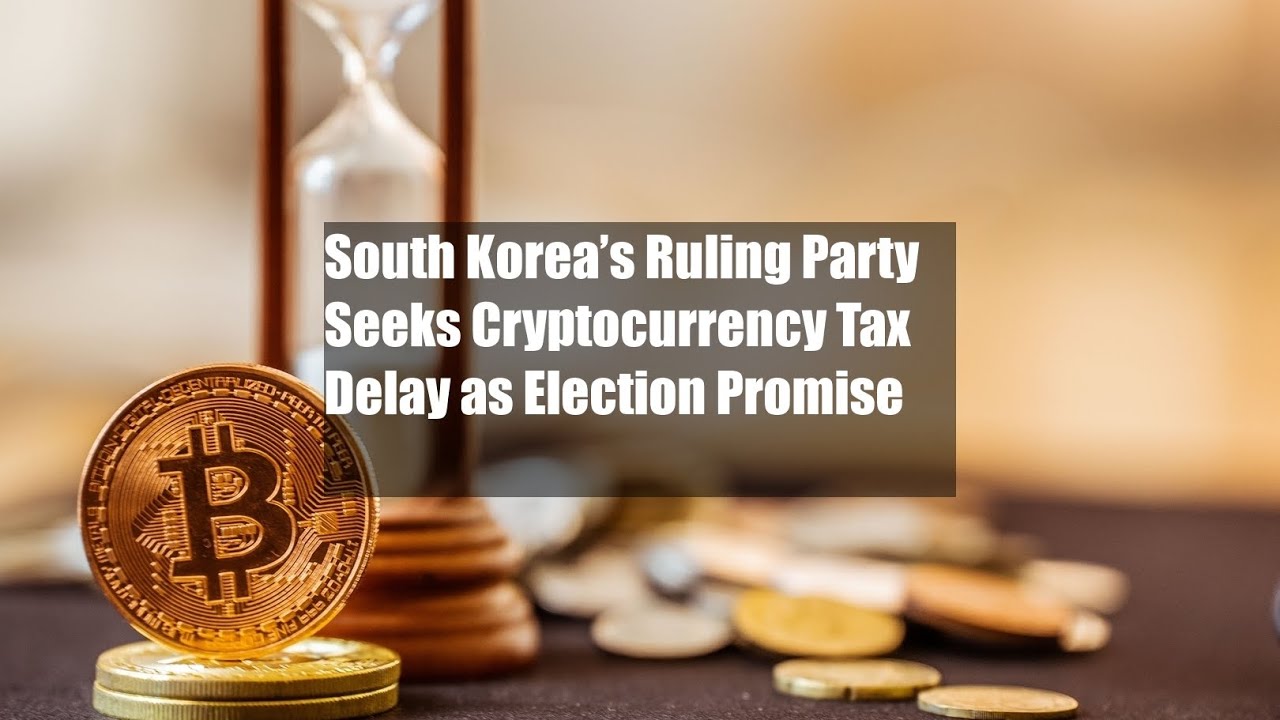South Korea’s political landscape is witnessing a pivotal moment as the ruling People Power Party (PPP) pushes for an additional two-year postponement of taxation on cryptocurrency investment gains. This move comes amidst efforts to solidify regulatory frameworks for the burgeoning crypto industry ahead of the upcoming general election in April.
Potential delay in cryptocurrency taxation
The PPP, identified as a right-wing party, has articulated its intent to prioritize the establishment of a comprehensive regulatory framework for cryptocurrencies before implementing taxation measures.
Local media reports suggest that the party is considering integrating this delay promise into its campaign strategy for the forthcoming election. If realized, this delay would extend the initiation of crypto gains taxation from its current schedule in January 2025 to a prospective date in 2027.
The PPP aims to introduce a fresh wave of regulations targeting the crypto sector in the upcoming legislative term. These regulations are anticipated to address pivotal aspects such as requirements for crypto custody providers and token listing procedures.
This initiative supplements South Korea’s existing crypto regulations, which are slated to become effective in July.
Alignment of tax thresholds
In addition to advocating for a postponement in crypto taxation, the PPP seeks to align the tax thresholds for cryptocurrencies with those applicable to stocks. While cryptocurrency gains exceeding 2.5 million Korean won ($1,875) are subject to a 22% tax, gains from stock investments are taxed only when they surpass 50 million won.
Contrary to recent discussions within South Korea’s Ministry of Economy and Finance proposing the abolition of income tax on crypto assets, the PPP is not inclined towards complete abolition but favors a strategic delay and alignment of tax thresholds.
Election campaign strategy
The PPP intends to finalize its core election promises by the end of the month, laying the groundwork for a robust campaign platform. However, the party has not responded to inquiries regarding its stance on cryptocurrency taxation.





